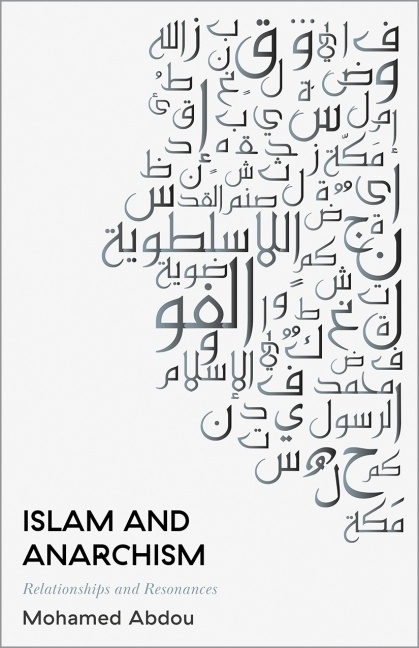
- Uris Hall, G-08
Discourse around Muslims and Islam all too often lapses into a false dichotomy of Orientalist and fundamentalist tropes. A popular reimagining of Islam is urgently needed. Yet it is a perhaps unexpected political philosophical tradition that has the most to offer in this pursuit: anarchism. To better understand this topic, the Mario Einaudi Center for International Studies has assembled a panel discussion of Dr. Mohamed Abdou’s book, Islam and Anarchism: Relationships and Resonances (Pluto Press, 2022).
Islam and Anarchism is a highly original and interdisciplinary work, which simultaneously disrupts two commonly held beliefs—that Islam is necessarily authoritarian and capitalist; and that anarchism is necessarily anti-religious and anti-spiritual. Deeply rooted in key Islamic concepts and textual sources, and drawing on radical Indigenous, Islamic anarchistic and social movement discourses, Abdou proposes “Anarcha-Islam.”
Constructing a decolonial, non-authoritarian and non-capitalist Islamic anarchism, Islam and Anarchism philosophically and theologically challenges the classist, sexist, racist, ageist, queerphobic and ableist inequalities in both post- and neo-colonial societies like Egypt, and settler-colonial societies such as Canada and the USA.
Author of Islam and Anarchism:
Mohamed Abdou, Global Racial Justice Postdoctoral Fellow, Einaudi Center
“Author Meets Critics” Moderator and Discussants:
Edward E. Baptist (History) - ModeratorDurba Ghosh (History)Seema Golestaneh (Near Eastern Studies)Jolene Rickard (History of Art and Visual Studies)
About the Forum:
The “Author Meets Critics” forum stages scholarly conversations around the Einaudi Center’s research priority areas: Inequalities, Identities, and Justice and Democratic Threats and Resilience.
